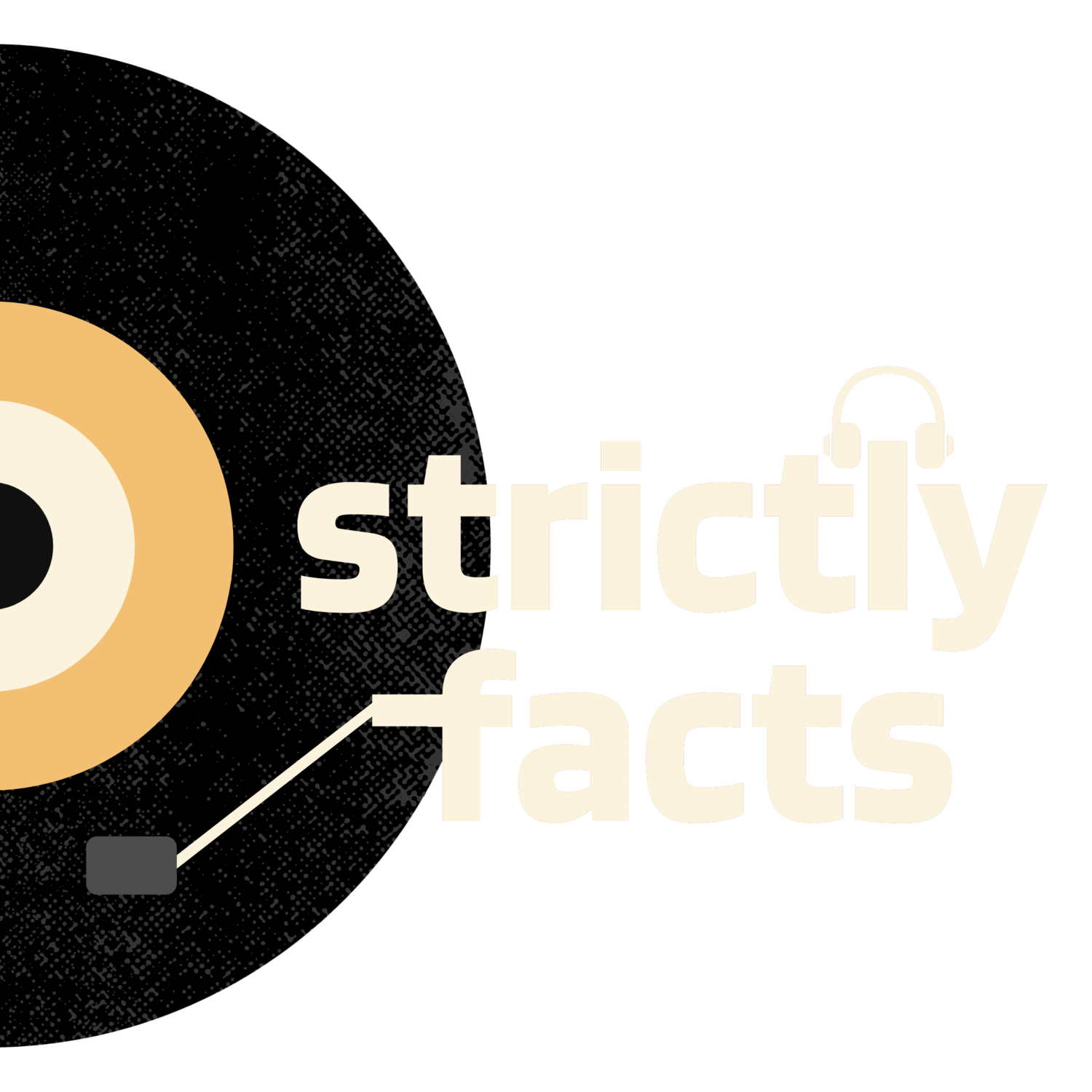Ep. 111 —The Chain is Broken: Emancipation Day and Dutch and Danish Colonial Legacies
Freedom wasn't granted—it was seized through blood, sweat, and unwavering resistance. Across the Dutch and Danish Caribbean colonies, enslaved Africans fought against brutal systems of oppression that are often overshadowed in mainstream historical narratives focused on British, Spanish, and French colonial powers.
When thousands gathered in St. Croix on July 2nd, 1848, led by freedom fighter General Buddhoe (Moses Gottlieb), they weren't asking politely for their liberation. They threatened to burn Frederiksted to the ground, forcing the Danish governor to declare immediate emancipation. This powerful act of collective resistance is why July 3rd remains sacred in the U.S. Virgin Islands, commemorated through Freedom Week celebrations that honor ancestral sacrifice and triumph.
Meanwhile, in the Dutch Caribbean territories like Suriname, Curaçao, and Aruba, emancipation arrived decades later in 1863—and even then with the cruel stipulation that the formerly enslaved would be required to work an additional decade on the plantations where they had suffered. This delayed freedom, finally realized in 1873, is now celebrated as "Keti Koti" (the chain is broken), a powerful testament to resilience against Dutch colonial brutality.
The colonial footprints of the Netherlands and Denmark—alongside brief periods of Swedish and Portuguese occupation—remain etched in Caribbean legal systems, languages, demographics, and collective consciousness. By amplifying these overlooked histories, we honor the full spectrum of Caribbean resistance and recognize that every Emancipation Day represents a hard-won victory by those who refused to accept bondage as their fate. Our ancestors' struggle for dignity continues to illuminate our path forward.
View the Strictly Facts Syllabus for more resources on this episode.


